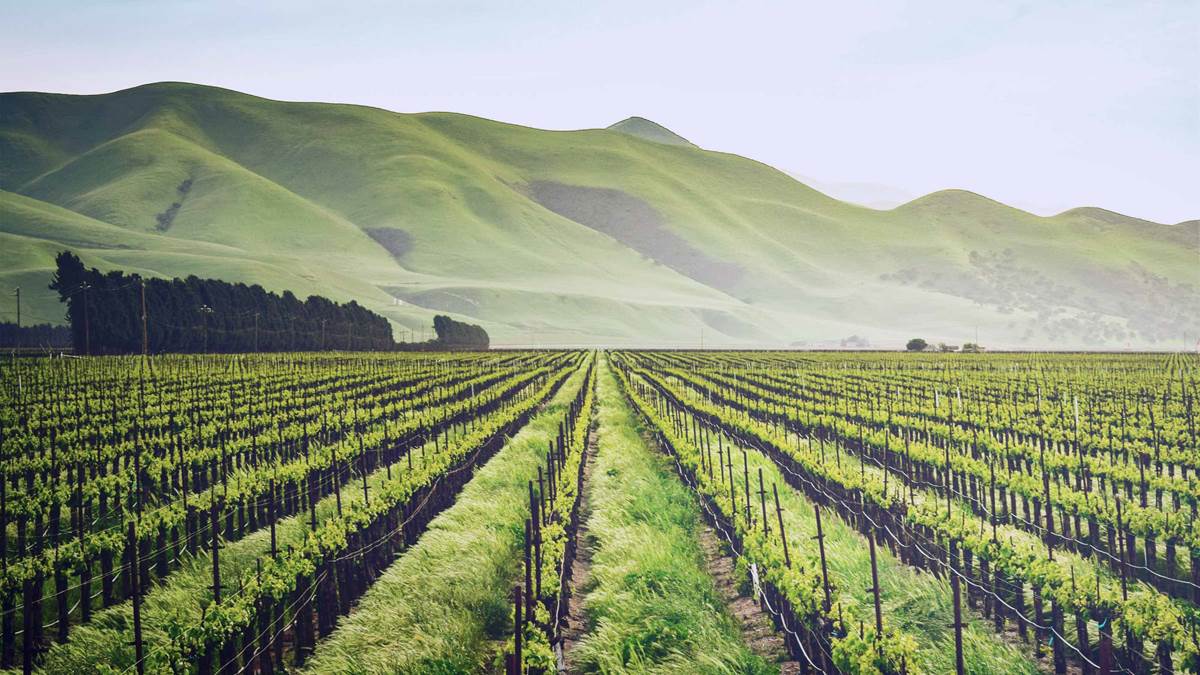When you hear sustainability or sustainable agriculture, you might immediately think of the environmental impact. This is, of course, a crucial aspect of society’s current mindset. As the world experiences extreme weather events, catastrophic wildfires, and other acute symptoms of a changing climate, the environment has become a key issue. But this axis is only one of many required to build a path to sustainability.
1. Society
When discussing how to build sustainable societies, the real conversation is about equity. The agriculture industry must address the long-term sustainability of our sector by first leveling the playing field.
How can we create equal opportunities for marginalized farmers? How can we expand our social structures to lift agricultural workers out of poverty rather than perpetuating cycles of poverty? How are marginalized farmers included in the decision-making process?
2. Environment
To thrive in the long term, the global agriculture system needs to be as efficient as possible while serving a group of stakeholders that includes the planet. Even further than minimizing impact, can the industry find ways to help the planet heal?
Biodiversity and soil health are major areas where agricultural companies can make significant impacts in the short term. Crop rotation, cover cropping, reduced tillage, and similar strategies make a notable difference in keeping the environment healthy.
Aside from tending to the land, the industry must also consider the impact of carbon. Reducing fossil fuel usage in agricultural equipment and adopting carbon sequestration technology are direct approaches, but agroforestry and cover crops are effective approaches in their own right. Working to reduce a farm’s carbon footprint isn’t one-size-fits-all. Combining approaches to find a balance between function and preservation of the environment is key.
3. Economy
Finally, agricultural practices must be economically sustainable. An agricultural business is still a business, which means profitability is a factor. Losing money isn’t sustainable for any operation. But for an industry as essential to society as agriculture, failure isn’t an option. So finding ways to make the system economically sound is essential.
Economic equity is often overlooked, but is absolutely essential when it comes to creating resilient and sustainable agriculture systems/value chains. As the industry addresses limited access to capital, language barriers, and disparities in land ownership that keep marginalized farmers from achieving true economic competitiveness, we must ensure that future generations will have opportunities to thrive. In turn, when everybody is afforded the same opportunities and are involved across the entire agriculture landscape, the entire agricultural economy can benefit for generations to come.
